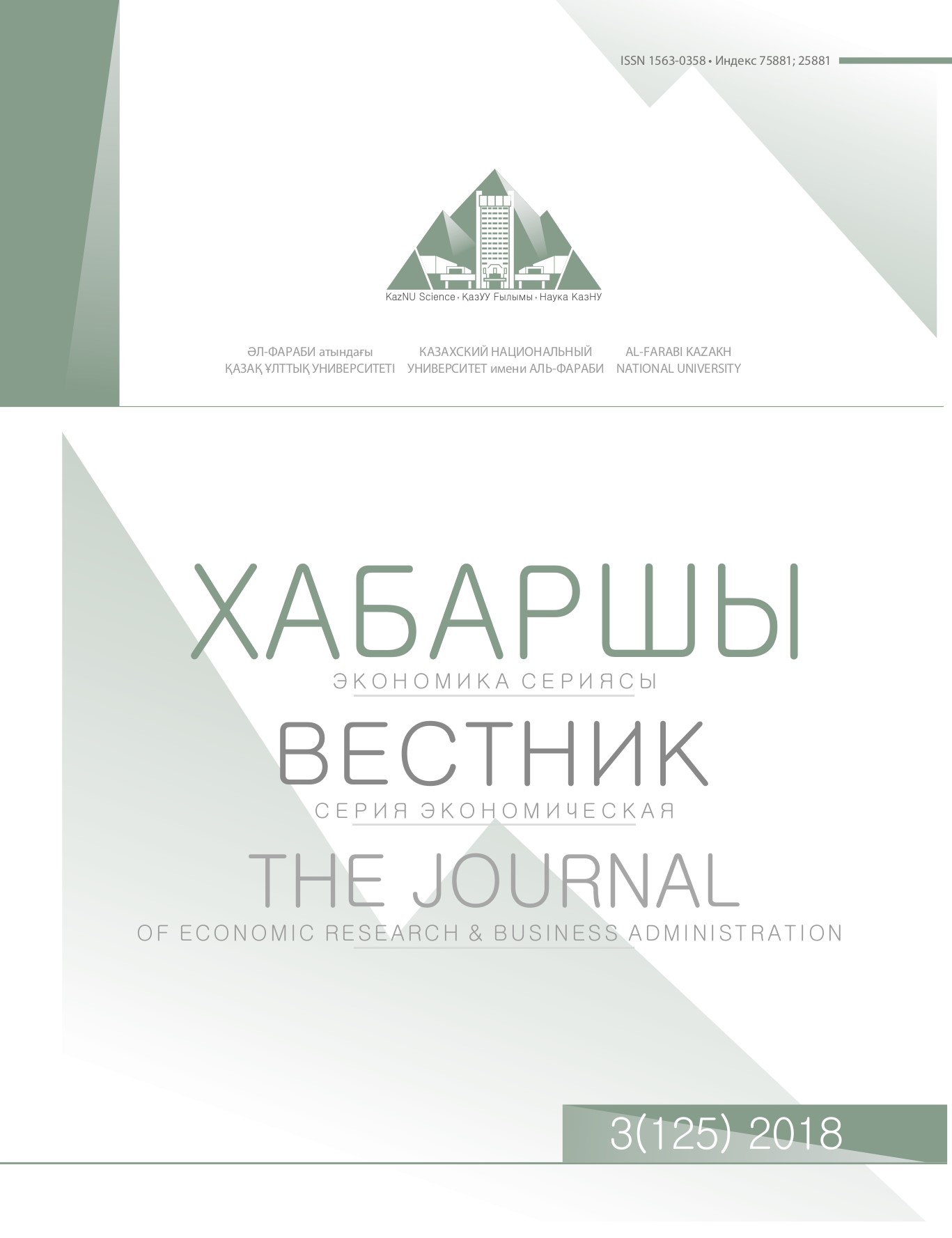Human Capital in the Management of Economic Development
Abstract
Research background: Transition to innovative model of social and economic development means
the global competition for the human capital. In this regard the choice of the new, more perfect ways of
its measurement based not so much on economic, how many on expanded social indicators which were
represented relevant.
Considering a special role of the human capital in innovative development, in the article on the basis
of the analysis, the comparisons expertise features of formation and development of the human capital in
two Post-Soviet republics, Russia and Kazakhstan are also revealed. The analysis of many problem directions
shows that Kazakhstan and Russia, despite national specifics, have much in common.
In recent years there have been vigorous discussions about the limited neoclassical interpretation of
the human contribution to economic development. Various concepts of the formation of human capital
arose as a result of those discussions. There is a growing diversity of approaches both to the content
of this concept and to the methods of measurement and assessment of the stock of human capital, its
returns, efficiency of use and contribution to the economic growth.
Purpose of the article: The authors of the research aimed at the following goal: to disclose the features
of the formation and development of human capital in Russia and Kazakhstan on the basis of an
analysis of various indicators, and thus to confirm the importance of an adequate evaluation of human
capital in managing the economic development.
Methodology/methods: Taking into account the special role of human capital in innovative development,
the article discloses factors reflecting the inadequate reproduction of human capital in Russia
and Kazakhstan on the basis on analysis and comparison of the data and expert assessments. Research
methods also contained synthesis (comparison of indicators of human capital development of the two
countries on the basis of corresponding indices); logical method (conclusions on further development of
human capital); graphic (using tables to illustrate the explanation of the material).
Findings & Value added: Analysis of many problem areas disclosed that Kazakhstan and Russia, despite
their national particularities have much in common. It has been established that a limited reproduction
of human capital is being observed in both republics. In addition, the analysis of the share of capital
in the structure of national wealth, as well as a number of indices and other evaluation techniques show
the persisting tendency in Russia and Kazakhstan to reduce human capital not only in the short term, but
also in the long term.
The value of the conducted research. Formation of the human capital precedes economic growth
and forms a basis of economic wellbeing for any country therefore the analysis of formation of the human
capital in both countries has helped to reveal some problems of formation of the human capital, both in
Russia, and in Kazakhstan.
The developed countries have more financial opportunities for investments into the human capital. In
less developed countries labour market is presented by cheap labour force. To increase the cost of labour
it is necessary to increase investments into the human capital. Decreasing in the level of the human capital
speaks about negative consequences for economy of any country, respectively this research will help with
formation of state policy in education, health care, state policy of management in regions of the country.
Practical application. The practical importance consists that scientific results of this article can be
used for teaching economy of education, the economic theory and other economic disciplines. And also it can be used for public authorities in carrying out economic policy in the field of education, employment,
public administration.













